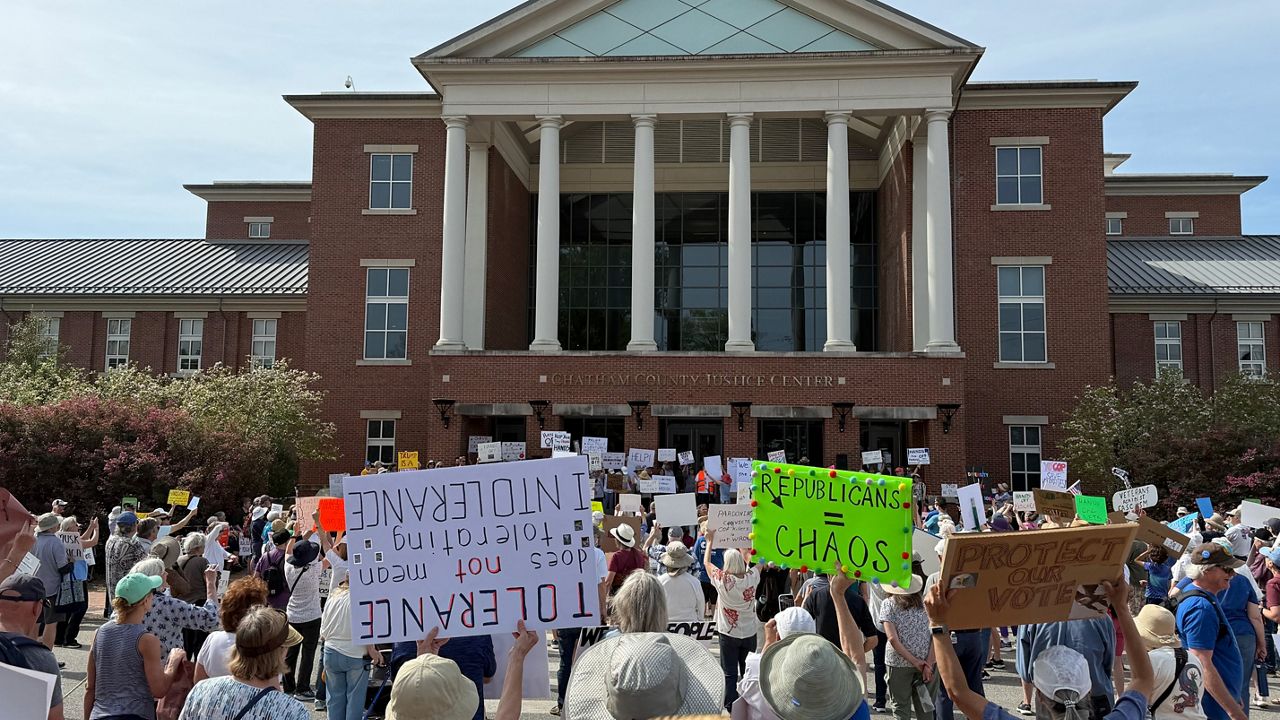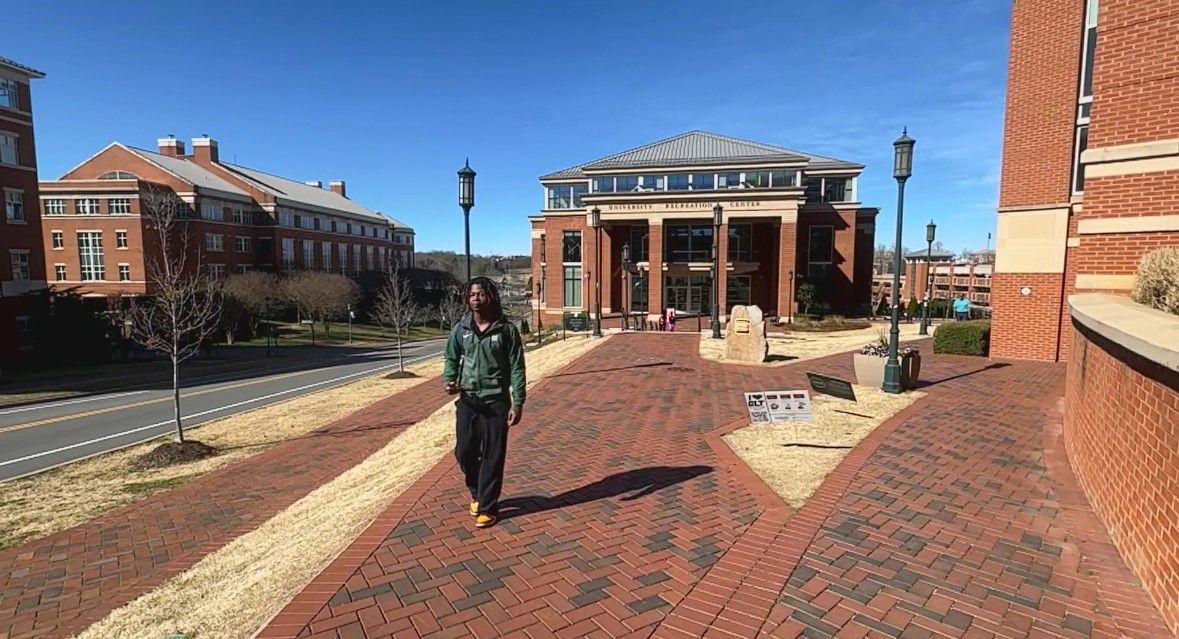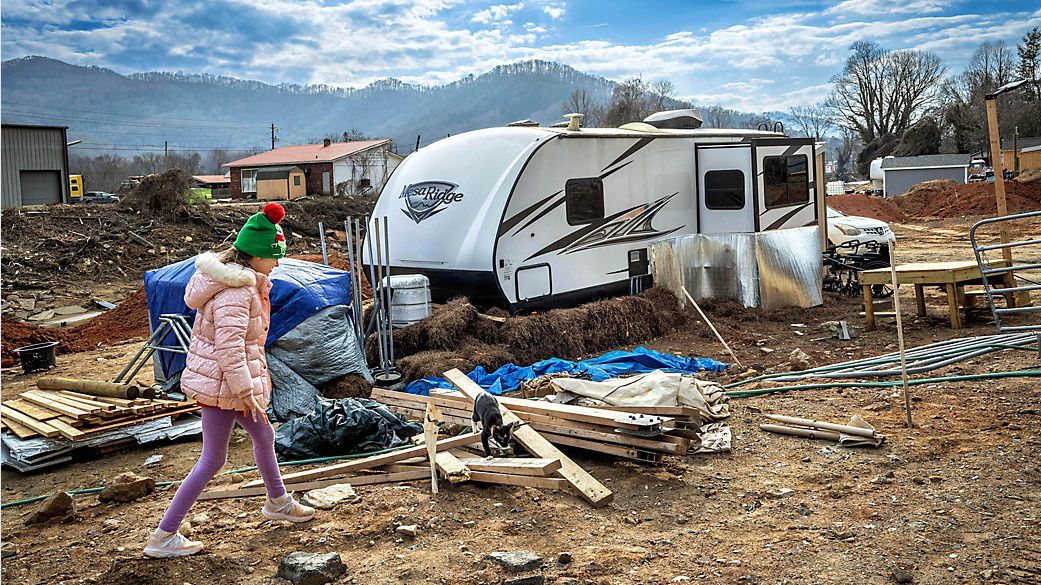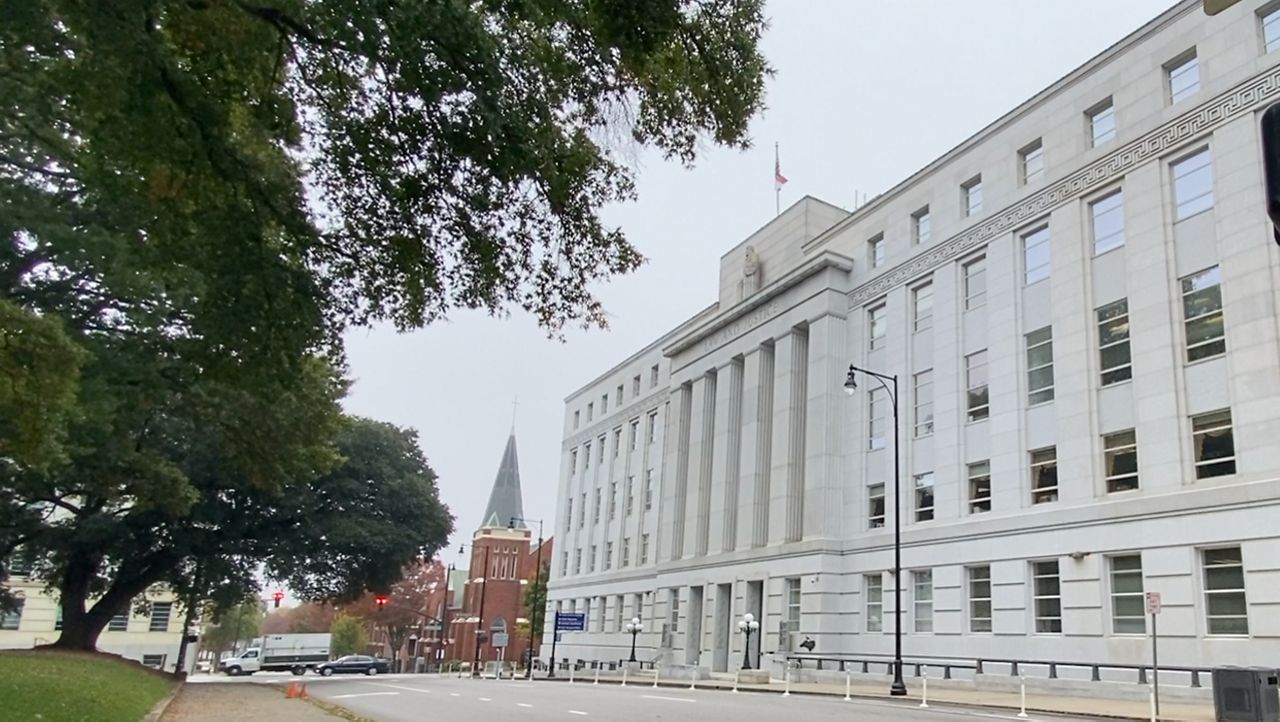PITTSBORO, N.C. – The North Carolina General Assembly is working its way closer to a final budget proposal, but for now, the Senate and the House have some very different ideas on how to fund the state over the next two years.
One area of the budget that might not catch someone’s eye, but that is very important, is stormwater treatment and mitigation.
Kent Jackson is the engineering director for the Town of Pittsboro.
Pittsboro, like much of Chatham County, is seeing growth, with new companies and developments coming in.
With more development comes more chances for pollutants, which is one reason stormwater management controls are so important.
For example, at a development in Pittsboro, there are rain gardens, areas set aside to catch the flow of stormwater, and the debris that comes with it.
Jackson says without the rain garden “it would just be, go into Jordan Lake unpurified. You can, you can see in this bioretention cell some of the debris that is trapped.”
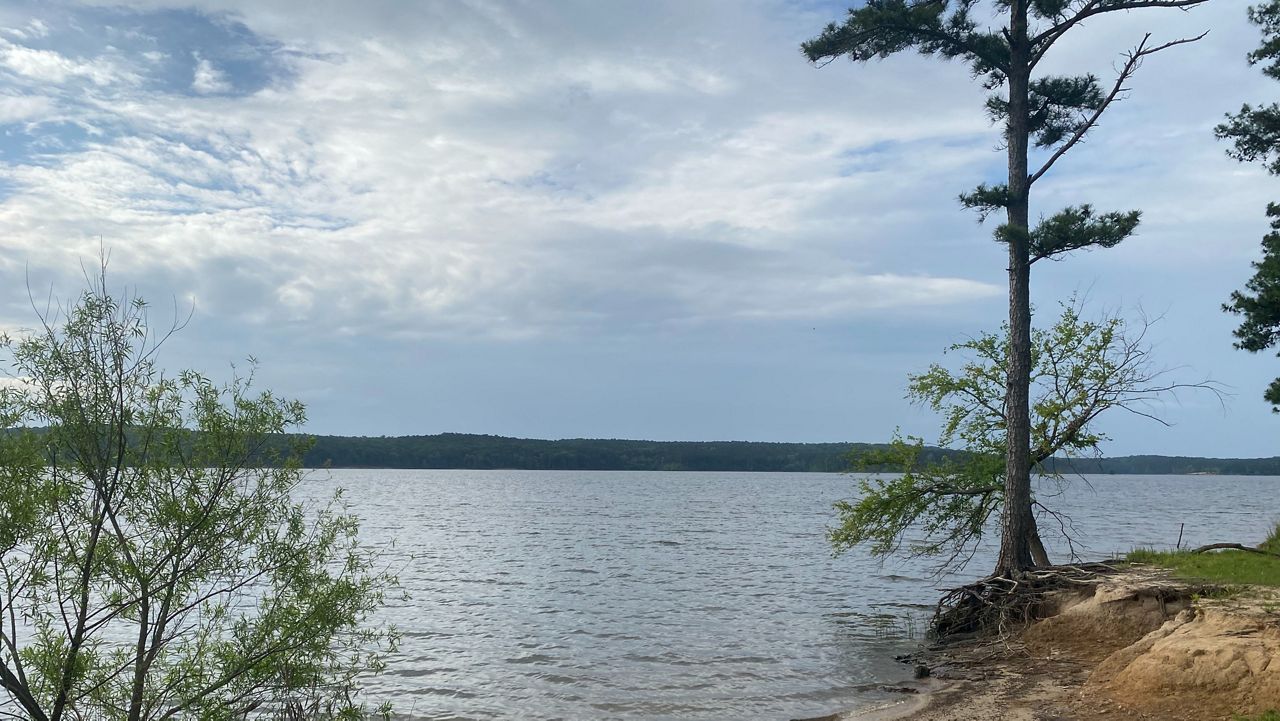
Jackson said there’s the visible debris but also “oils, grease, different debris that washes from the parking lot. So all that would be flowing to the lake if we didn't have stormwater management controls.”
Instead of the water just flowing into a drain, Jackson says the different layers of the control areas capture and treat the water, before releasing slowly to the places it would go already – the Haw River and Lake Jordan.
“The Haw River is the drinking water supply for Pittsboro, and then we have Jordan Lake, which is a major recreation area. Jordan Lake is also a water supply, not for Pittsboro, but for a number of other communities in our region. So, you know, drinking water quality would be adversely impacted without stormwater control measures, as would recreation,” Jackson said.
Developments are in charge of the mitigation areas on their property, but for towns and counties, it can be costly to create and manage those areas on their land.
That’s where the state budget comes in.
The House and Senate budget proposals both include funding for the Clean Water and Drinking Water Reserve.
That fund, in part, can give grants to municipalities to go toward projects like these, and others, that help protect the water in their area.
The House’s budget includes $2 billion over the two years to the fund, and the Senate includes $1.5 billion over the two years.
Jackson said those types of funds help towns, counties and cities because the cost is so immense.
“There’s land required. There are improvements required, there's design, implementation and maintenance. So yes, for an urbanizing community like Pittsboro, it's very important to have that participation to help offset the many things that we have to do.”







